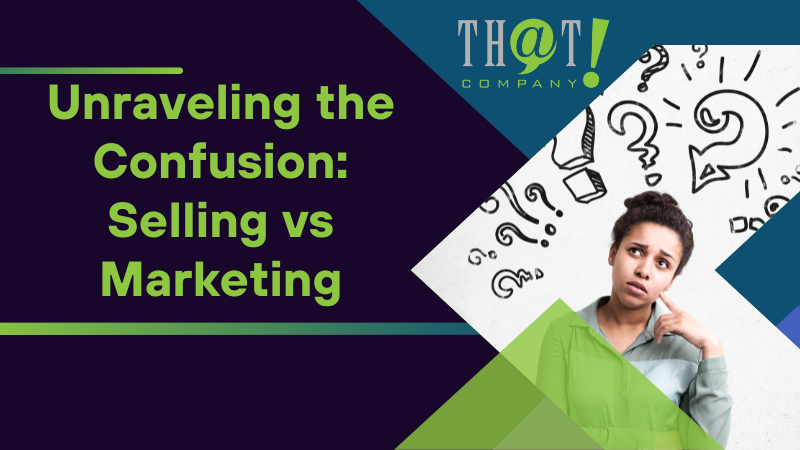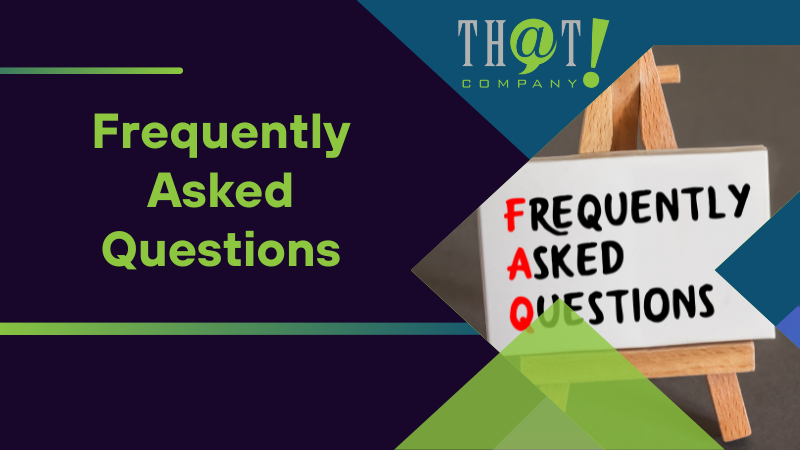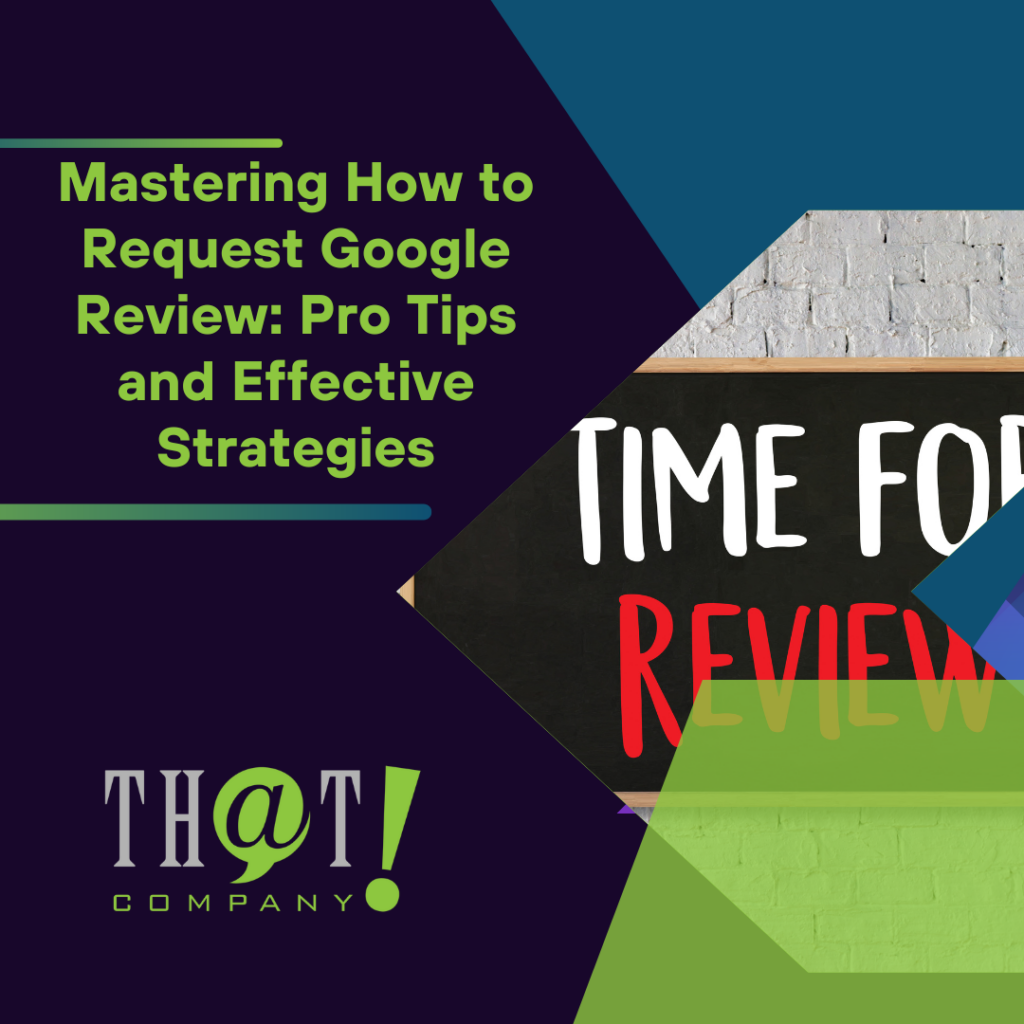
Is selling and marketing the same? In short, no. Selling is about closing deals and directly interacting with customers to achieve sales. On the other hand, marketing is about strategy – it’s creating interest in products or services, identifying customer needs, generating leads, and building brand awareness. This article dives into how these two crucial business processes differ and work together to drive business growth.
Key Takeaways
- Sales and marketing are distinct yet interdependent functions within a business, focusing on deal closure and customer engagement.
- Successful marketing strategies involve understanding consumer needs, creating a compelling value proposition, and nurturing brand relationships to generate leads.
- An effective sales process requires a deep understanding of customer needs, utilizing direct engagement techniques, and applying specific closing strategies to convert leads into customers.

Unraveling the Confusion: Selling vs Marketing
Both sales and marketing are pivotal to business growth, much like two sides of the same coin. However, they are not the same. Equating them can limit the broader understanding of their unique strategies and goals. Sales and marketing are distinct business functions, each with its unique process.
The emphasis of sales is on closing deals, whereas marketing prioritizes positioning and lead generation.
The Sales Focus
The sales process is a comprehensive term for all activities facilitating and completing a sales transaction. It focuses on turning potential customers into actual buyers. Sales involve direct engagement with potential customers, using cold calling, product demonstrations, and negotiation techniques to convert leads into sales.
In the sales journey, sales teams, including sales reps, are integral in demonstrating the product’s value, negotiating contract terms, and maintaining customer relationships post-sale. The sales department plays a crucial role in supporting the sales team and ensuring their success.
The Marketing Function
In contrast, marketing involves varied activities like:
- Market research
- Branding
- Advertising
- Content creation
- Campaigns to draw in and engage a wider audience
These marketing focuses ensure a comprehensive approach to reaching and engaging potential customers.
It functions at the beginning of the customer journey, focusing on creating awareness and demand for a product or service. The marketing team generates leads via strategic initiatives like website landing pages with CTAs and collaborates with other marketing teams on sales enablement content as part of the marketing process.
Interdependent but Not Identical
Although sales and marketing serve distinct functions, they operate interdependently, aiming to increase profitable revenue. Sales and marketing departments concentrate on their respective roles – sales departments focus on converting leads into customers, while marketing departments emphasize lead generation, brand building, and customer engagement.

The Mechanics of Marketing: Building the Foundation
The foundation of marketing lies in the following:
- Understanding the selling environment
- Understanding the needs, wants, and problems of the target market
- Employing the right tactics to engage customers and build brand awareness.
Crafting the Value Proposition
A marketing plan begins with the crafting of a value proposition. This clear statement communicates why a customer should choose a particular product or service by highlighting the most substantial benefit they can expect to receive.
Lead Generation Strategies
Marketing departments use various tactics to generate leads and draw in potential customers. Lead generation methods are continually refined through A/B testing various tactics and keeping lead generation forms simple to avoid dissuading potential leads.
Nurturing Brand Relationships
Personal relationships garner importance in a technologically driven landscape as prospects look for connections beyond online interactions. Creating authentic relationships with leads is vital for sustaining long-term connections; disregarding this aspect can lead to missed sales opportunities.

The Art of Selling: Engaging and Converting
Engaging with and converting prospects into customers is the essence of the art of selling. It requires a deep understanding of customer needs, demonstrating product value, and facilitating purchases through various selling techniques.
Sales Management and Strategy
An effective sales strategy involves setting clear goals, profiling ideal customers, and integrating marketing strategies to achieve company objectives. It also includes monitoring performance and adapting techniques to market changes, ensuring the strategy remains dynamic and responsive to customer behavior and trends.
Direct Sales Approaches
Sales teams engage directly with potential customers using outbound tactics like cold calling and product demonstrations. Networking at events aligned with the target audience is a strategic direct sales approach that results in valuable leads and opportunities for engagement.
Sealing the Deal
Sales closing techniques, such as assumptive and summary close, can significantly influence a prospect’s decision-making in favor of the sale. These techniques help to create a sense of inevitability around the purchase, subtly nudging the customer towards committing. By summarizing the benefits and assuming the sale is the next logical step, sales professionals can smoothly transition conversations into conversions.

Integrating Sales and Marketing for Cohesion
Efficiency in operations, streamlined processes, and a seamless customer journey result from a unified approach to sales and marketing. This synergistic strategy not only simplifies internal workflows but also enhances the overall experience for the customer, making every interaction with the company smooth and consistent.
Sales and Marketing Alignment
For success, aligning efforts and strategies to achieve business objectives requires collaboration between sales and marketing. This partnership is essential to ensure that the company’s messaging is consistent and that each department works towards the same goals. Moreover, it fosters a culture of shared responsibility and collective achievement, reinforcing the idea that when one succeeds, both succeed.
Creating a Service Level Agreement
Defining specific goals, terms, and accountability options for each team, a service-level agreement (SLA) facilitates alignment between both departments. The SLA acts as a formalized bridge, ensuring that sales and marketing are aligned in their objectives and mutually accountable for the outcomes of their collaborative efforts.
Collaborative Campaigns
By combining the unique capabilities of marketing and sales teams in joint marketing initiatives, we can achieve more precise targeting, resonant messaging, and heightened overall campaign performance. This synergy enables a unified approach that capitalizes on the strengths of each team, ensuring that marketing efforts are not only creative but also effectively drive sales conversions. Furthermore, this collaboration results in a consistent narrative across all customer touchpoints, enhancing the customer journey and reinforcing brand messaging.

Leveraging Data and Communication for Success
Utilizing data-driven strategies and enhancing internal communication between sales and marketing teams contribute to better decision-making and overall success. This symbiotic approach ensures that both teams work with the same information, leading to more cohesive strategies and a unified front when engaging with customers. Additionally, the data collected helps identify patterns and trends that can inform future marketing campaigns and sales tactics.
Data-Driven Decisions
Crucial data for insights, performance measurement, and campaign management are provided by customer relationship management (CRM) software and digital tools. These resources are indispensable for tracking customer interactions, analyzing buying patterns, and personalizing marketing efforts to increase effectiveness.
Enhancing Internal Communication
Efficient problem-solving and decision-making are facilitated by regular meetings, open channels of communication, and feedback loops between sales and marketing. These collaborative practices help to ensure that both teams are aligned in their objectives and can quickly adapt to changing market conditions or customer feedback.

How That! Company Can Enhance and Improve Your Sales
At That! Company, we provide comprehensive white label digital marketing services and sales support that can significantly boost your sales. Leveraging our expertise in digital marketing, we offer custom solutions tailored to enhance client satisfaction and retention, heightening sales for our partners. Our services include white label search engine optimization (SEO), white label pay-per-click (PPC) advertising, white label social media management, and content marketing, all designed to meet the unique challenges of today’s digital landscape.
Our approach to sales support extends beyond mere consultancy. We offer hands-on assistance in implementing sales strategies that align with your overarching marketing efforts. By integrating our white label services into your business, we can help you reach, engage, and convert your target audience more effectively, leading to increased revenue and growth for your company.
Unified Customer Experience
To ensure a consistent customer experience across online interactions, social media, call centers, and in-person engagements, a unified customer experience strategy is implemented. This strategy harmonizes the brand voice and messaging across all platforms, ensuring that customers receive the same level of service and information wherever they interact with the company. It also helps build a stronger brand identity that customers can trust and relate to, no matter how they choose to connect.

Summary
To conclude, distinguishing between sales and marketing is crucial for the strategic growth of any business. While sales focus on direct customer interaction to close deals, marketing is centered around creating interest and generating leads through various strategies. Both functions are essential and operate in tandem, despite their distinct roles, to drive a company’s overall objectives. Understanding and leveraging the unique contributions of each can significantly enhance a business’s ability to attract and retain customers, ultimately contributing to its success.

Frequently Asked Questions
Is selling is a part of marketing?
Yes, selling is a part of marketing as it involves promoting and delivering products to consumers or businesses as part of the overall marketing process.
Is a marketer the same as a seller?
No, a marketer’s role is to create demand in the customer’s mind, while a seller’s role is to chase customers and ask for the order. This distinction also relates to the difference between a product and a brand.
How do sales and marketing work together?
Sales and marketing work together by aligning their efforts and strategies to achieve business objectives. They collaborate on audience segmentation, lead generation strategies, and campaign management. This ensures a cohesive approach to reaching and converting potential customers.
Why is it important to distinguish between sales and marketing?
It is important to distinguish between sales and marketing to understand the unique strategies and goals of each function, leading to more effective planning and execution of business strategies. By doing so, businesses can optimize their efforts and achieve better results.
How can That! Company enhance my sales?
That! Company can enhance your sales by providing comprehensive digital services, sales support, and custom solutions tailored to your business needs. By leveraging their expertise, you can effectively boost your sales.

























